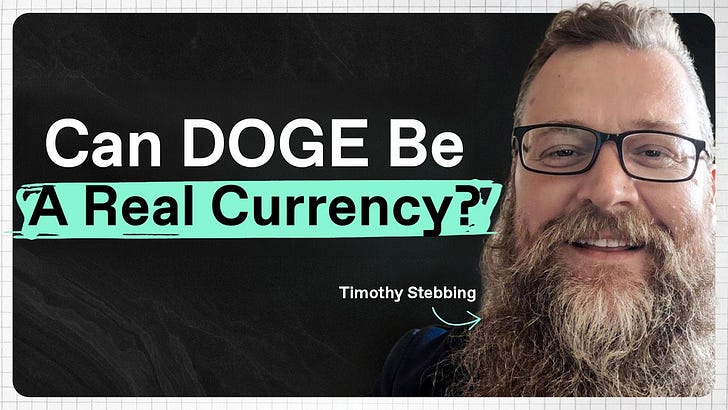In our last episode with Mats Olsen, we talked about Dune’s mission to eliminate redundant indexing work by giving developers real-time access to structured blockchain data. If you’re building crypto apps and wrestling with fragmented data infrastructure, building custom indexers, or solving for real-time blockchain data access, we want to hear from you. Drop us a note at venture@decentralised.co
Hello!
If you haven’t read it yet, this piece on the inevitability of MEV lays out why value extraction is built into the architecture of blockchains and why attempts to eliminate it might be missing the point. My new episode with Nikita Ovchinnik, founder of BarterSwap, picks up where the essay leaves off.
Most people don’t think about what happens after they hit "swap." But with that one click, you start a race among market makers, solvers, and searchers. They compete in milliseconds to give you the best price while extracting value for themselves. It's a world where algorithms battle against each other with razor-thin margins. The user barely knows if they’re being front-run or protected.
BarterSwap sits between the interface and blockchain. It is not a flashy new DEX or another liquidity layer promising yield. It is an algorithmic system that finds you the best price when you swap by combining liquidity from public pools instead of relying on private market makers. It has quietly routed more than $12B in swaps.
We unpack what actually happens beneath a swap. When traditional market makers like Wintermute quote prices from their hot wallets, they're essentially competing with Barter's system that combines dozens of public liquidity sources. It's Formula One for financial infrastructure, if you will. The fastest wins.
Yet for all the sophistication, the economics are brutal. Although Barter has processed $12 billion in volume, it has managed barely $1 million in revenue, with half of that coming in protocol tokens. The path to building a sustainable business requires either processing trillions in volume or fundamentally changing how liquidity works in DeFi. With its Superposition protocol, Barter is betting on the latter.
Whether this is just another experiment in DeFi remains to be seen. But in a world where Solana is outcompeting Ethereum on every metric, and MEV continues to bleed users dry, someone needs to try something different.
Exploring the HyperEVM,
Saurabh Deshpande











